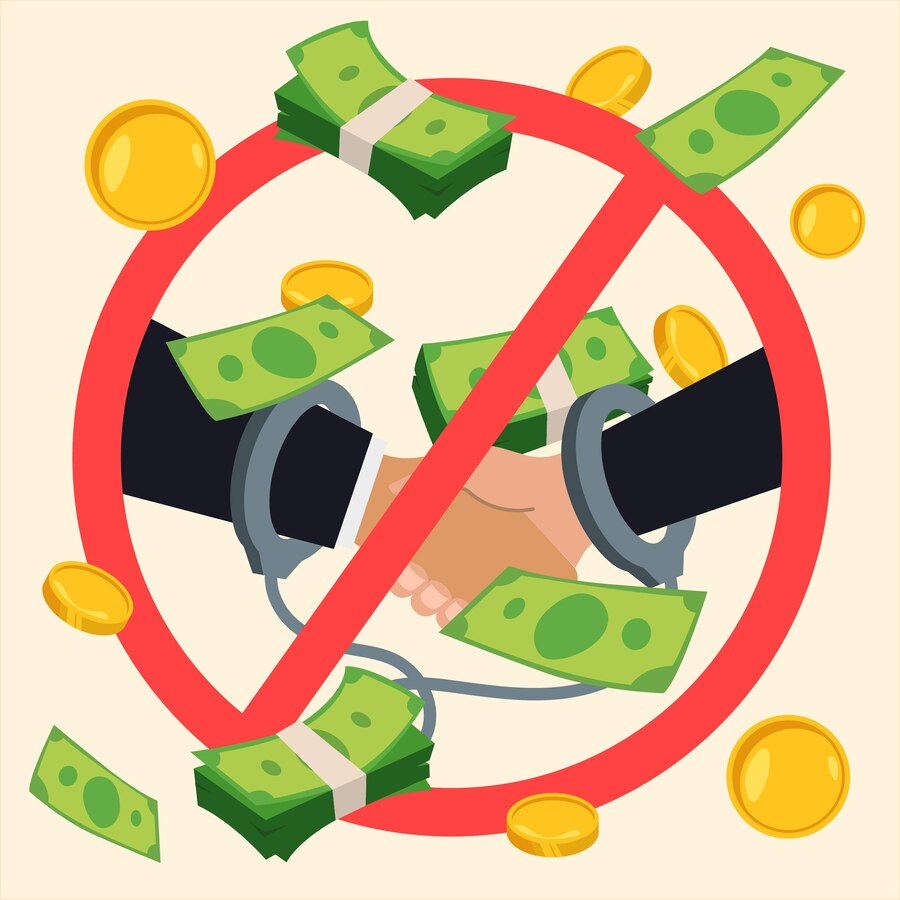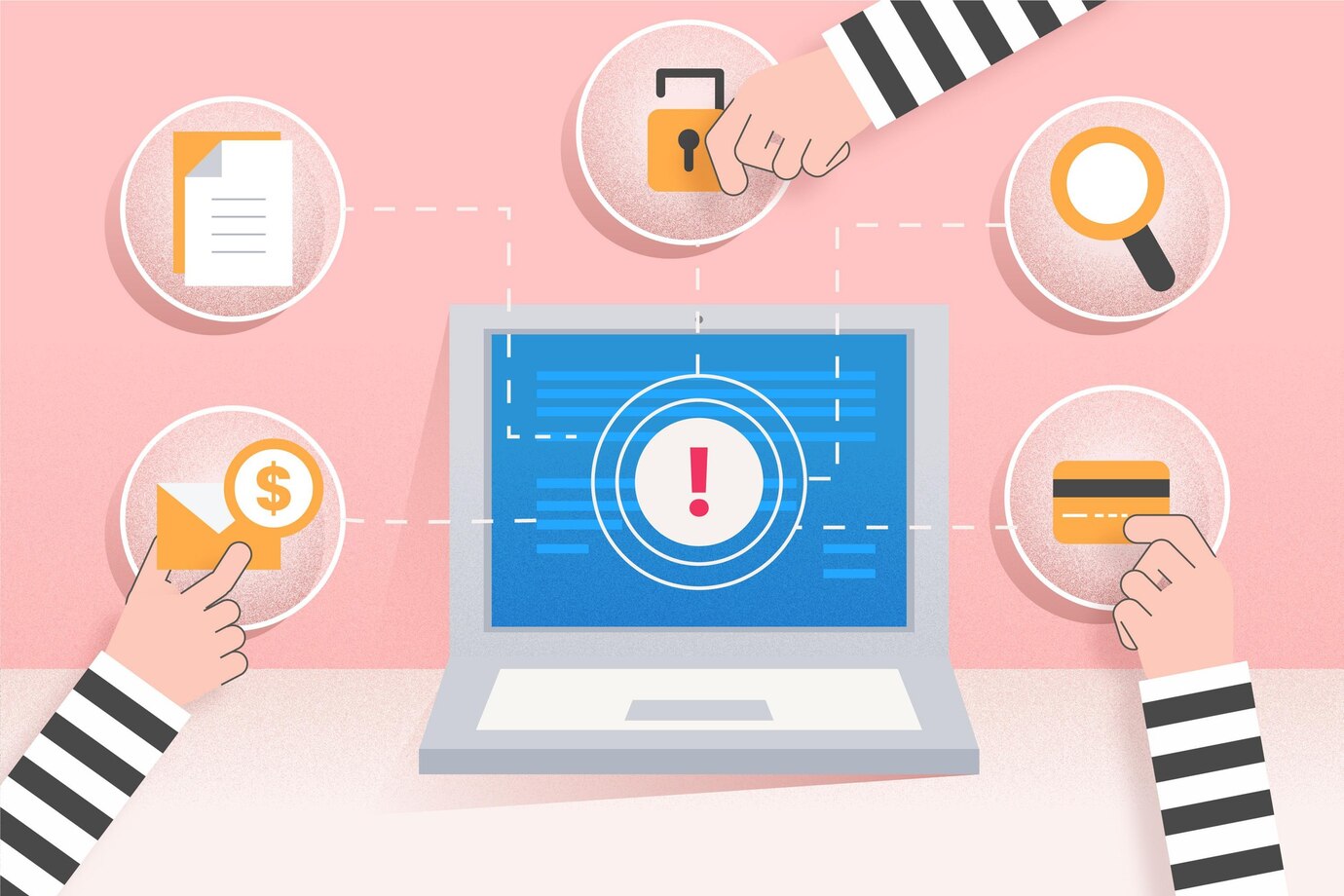The real estate market is rife with many fraud schemes involving fake realtors, counterfeit agencies, and deception in apartment sales. These issues make it difficult to find reliable specialists and increase risks for potential buyers and renters. It is important to understand how to identify fraudsters and avoid various scams, which are becoming increasingly sophisticated.
Realtor Fraud: How to Recognize Deception?
Fake realtors often use various schemes to obtain money for non-existent services or to lead clients through illegal transactions. The most popular scheme is deception in real estate sales or the processing of documents that turn out to be fake. For example, a realtor may offer a buyer an apartment that no one knew about, and the real estate documents will appear genuine.
To avoid such fraudsters, it is necessary to follow a few simple rules. Firstly, always check the realtor's documents, their registration with official bodies, as well as recommendations and client reviews. If a real estate agency does not have a license or documentation confirming the legality of activities, this should be alarming.

How Not to Fall for Fake Real Estate Agencies
Fake real estate agencies often provide false information about housing sales, artificially inflating prices or offering apartments that were never for sale. Often, fraudsters create fake websites with attractive offers and tempting prices. These websites may look like legitimate agencies, but in reality, they turn out to be empty resources created solely to deceive clients.
There are several signs that can help identify a fraudulent agency:
- Too low a price for an apartment or inflated rental fees.
- Lack of a physical office or real contacts.
- Requirements for advance payment for services before signing a contract.
- Incredible offers that seem too good to be true.
To protect against such scams, avoid dealing with agencies that do not have a clear reputation or public history.
Deception in Apartment Sales: How to Avoid Fraud?
The process of selling an apartment is one of the most vulnerable points in the real estate market for fraudsters. They can use various methods to deceive the buyer: fake documents, hidden apartment defects, or manipulations with deposit funds. Often, fraudsters offer apartments with counterfeit title documents or unauthorized changes in property rights.
To avoid deception in real estate sales, it is necessary to:
- Check all documents for the apartment (certificate of ownership, extracts from the USRR, contracts).
- Consult a lawyer before signing the contract.
- Verify the apartment's history and check if it is under arrest or encumbrance.
- Ensure the seller's legitimacy by checking their documents and status.

Scammers with Housing Deposits and Fake Documents
Fraudsters in the real estate market often use deposit or prepayment schemes. They may offer housing that does not actually belong to them or does not exist at all. After receiving the money, they disappear, leaving the client without an apartment and without funds. There is also a common scheme where fraudsters provide fake documents for an apartment, assuring the buyer of their authenticity.
Before closing a deal, it is important to remember that:
- Do not transfer money until the deal is fully formalized.
- All documents must be verified for authenticity, including contracts and certificates.
- Always use professional services to verify documents and the legal purity of the transaction.

How to Check a Realtor and Protect Yourself from Scams?
Checking the realtor and real estate agency is an important step to avoid fraud. What to pay attention to:
- License and registration with bodies regulating the real estate market.
- Presence of an official office and contact details.
- Client reviews and a positive reputation online.
- Processing all documents through a notary, if necessary.
Using these measures will help reduce risks and protect against fraud in the real estate market. It is important to remember that high-quality and safe cooperation with realtors and real estate agencies is always based on transaction transparency and careful attention to legal aspects.

Conclusions
Real estate fraud remains a current issue that requires attention and caution from buyers and renters. Checking documents, realtors, and agencies, as well as being attentive to suspicious transactions, will help avoid falling into fraudsters' traps.


